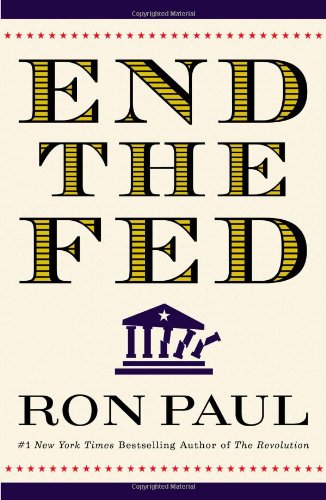Recently by William Rees-Mogg: This Is Not a Scandal – It’s aRevolution
The British are good at facing reality, when their Government is courageous enough to spell out the dangers. Nothing undermines confidence more rapidly than refusal to face the facts.
The key economic facts now include the rise in unemployment to almost 2.5million and the forecast, based on Treasury figures, that public expenditure will have to be cut by 9.3 per cent over the next four years. The cuts may have to be even larger and may have to go on longer.
The combination of rising unemployment and the need to cut spending is disturbing.
The Government has been fighting the 2008 recession with Keynesian policies.
Maynard Keynes was the brilliant Thirties Cambridge economist who advocated increases in government spending and higher borrowing as the way to fight recession and unemployment.
Obviously, cuts in government spending will have the opposite effect; they will tend to raise the level of unemployment. Prime Minister Gordon Brown is himself a Keynesian big spender, and has claimed credit for injecting huge sums of money into the British economy.
 End the Fed
Best Price: $1.12
Buy New $8.53
(as of 10:10 UTC - Details)
End the Fed
Best Price: $1.12
Buy New $8.53
(as of 10:10 UTC - Details)
Indeed, Brown may already have injected too much extra money. Even apart from this year’s projected spending, he increased spending by more than six per cent in real terms in three of the five years between 1999 and 2004.
Those reckless years helped the Labour Party win the General Elections of 2001 and 2005, but the increases were far larger than the growth of British productivity or the economy would have justified. Britain was already overspent before the beginning of the banking crisis.
The total overspend in the years before 2005 was at least as large as the cutbacks the Treasury is now forecasting for the years after 2010.
When he was first Chancellor of the Exchequer, Brown used to boast he was ‘prudent’.
We can now see he was prudent so long as he was sticking to the spending plans of Kenneth Clarke, his Conservative predecessor at the Treasury. After 2000, Brown built up the overspending which now has to be slashed back.
The Conservatives claimed last week that Brown misled the country and the House of Commons about the need for cuts. As Tory leader David Cameron put it: ‘Wednesday after Wednesday, the Prime Minister stood up in the House of Commons and repeated the line that the coming battle was between Labour investment on the one hand and Tory cuts on the other. All these words have now turned to dust.’
September 22, 2009
William Rees-Mogg is former editor-in-chief for The Times and a member of the House of Lords. He has been credited with accurately forecasting glasnost and the fall of the Berlin Wall – as well as the 1987 crash. His political commentary appears in The Times every Monday. His financial insights can only be found in the Fleet Street Letter, the UK’s longest-running investment newsletter.





